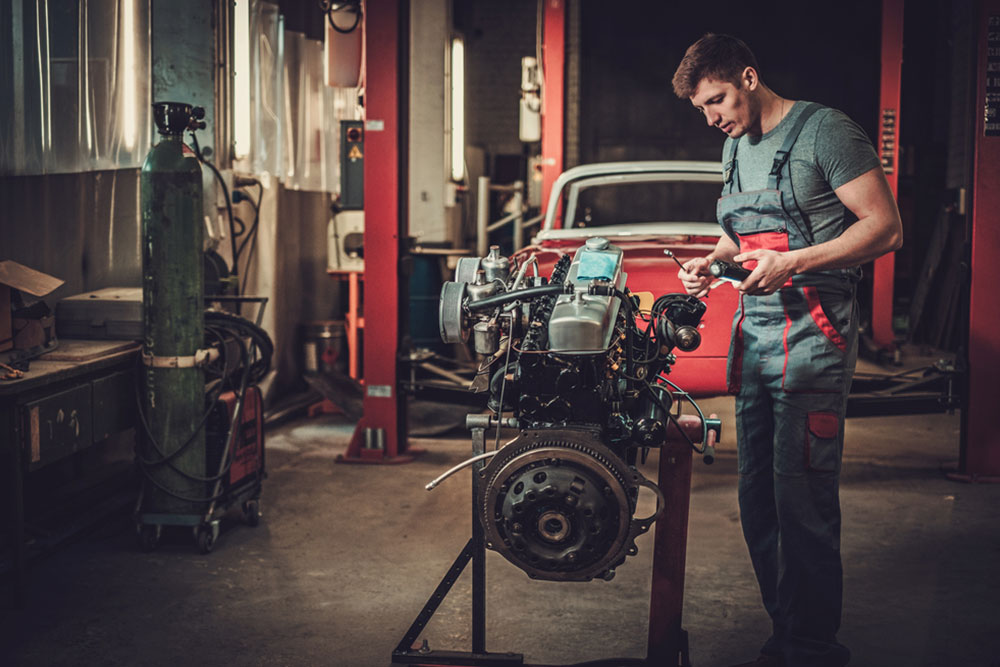The different types of car engines that must know about
Ever wondered how a car engine looks like? The hood of your car secures the main machine, and the jumble of wires with metal can be overwhelming, especially for the uninitiated. However, the engine is the reason why your car can be driven around, and it is great to have knowledge about the car engines. Moreover, if you are buying a new car, understanding engines will help you make an informed choice.

Inline engine – In an inline car engine, the cylinders are arranged in a line. The cylinders are mounted one behind another and are placed in the upward direction. This is a common configuration that is used across several types of cars as it is more compact and fuel efficient. An inline engine is popularly employed in hatchback cars.
V engine – In a V car engine, the cylinders and pistons are aligned in a ‘V’ position. The two plans run in a shape that appears to be a ‘V’ from the top. The engines are shaped in the design to add to its functionality. The weight of the engine is reduced, and the length is shorter as compared to the inline engines.
W car engines – The W engine can be credited to Volkswagen as the car company employs this engine type for commercial use. The W engines use the principle that is not very different from the V engines. In a W engine, the cylinders appear as if they are squished together as they are placed closely in one block. Most car manufacturers steer away from using the W engine. However, it is notably used in cars like the Bugatti Veyron and Bentley Mulsanne.
OPOC engine – OPOC car engines are built with two cylinders at the two ends. The engine is devoid of valves and is different from the more conventionally built car engines. OPOC engines are smaller in size and also have a low bearing load. The fictions felt with these types of engines is lesser and the high power makes them a preferred choice for many vehicles.
The cylinder arrangement can help in identifying the type of engine fitted inside a car. The type of engine will greatly impact the efficiency of the vehicle. All the above engine types demand a different set of maintenance rules and a mechanic can help you sort out any further doubts.